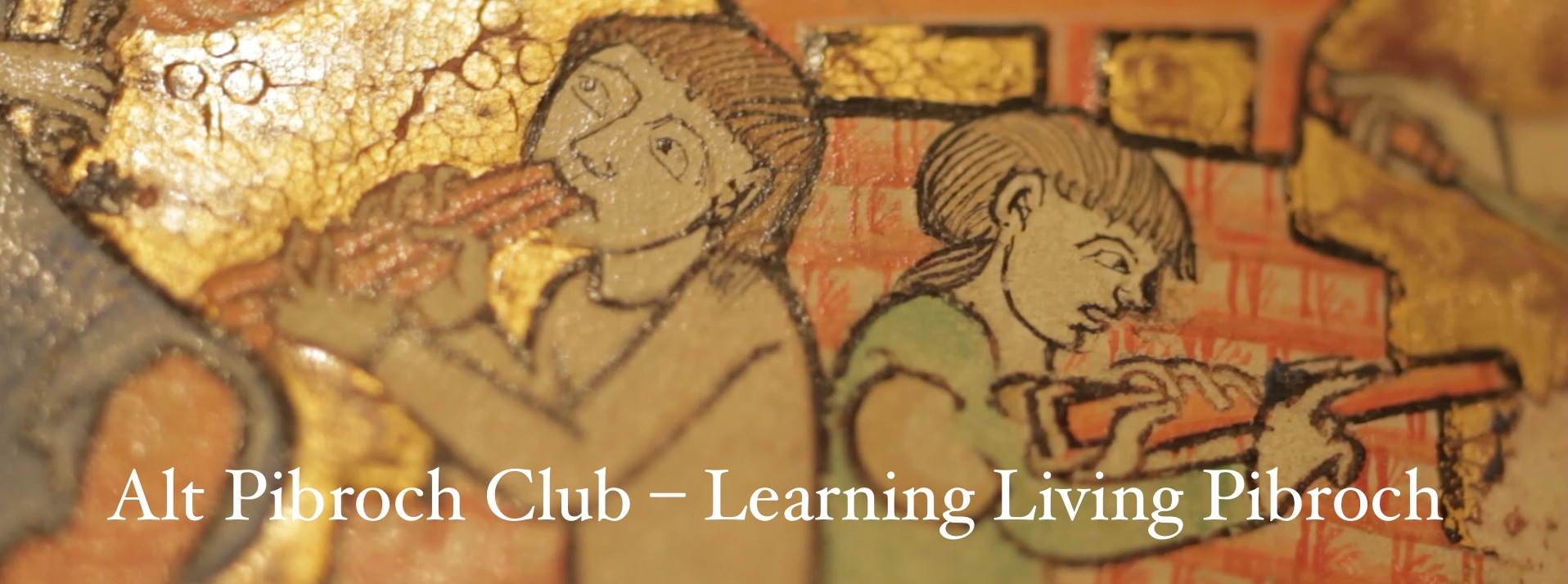The important thing is not what you sound like. It’s what you want to sound like.
—Arnold Jacobs
Principal Tuba, Chicago Symphony
As musicians, we need a clear concept of what it is we are going to play. Without it, technique is meaningless - it is exercise for no purpose at all. Practicing itself becomes a directionless enterprise, time spent going musically nowhere.
We can certainly use recordings of old masters to provide us with examples to follow. But unless you make the music something personal to you, you are not contributing to the art.
Remember: you are a creative artist. You are someone who has tasked themselves with the responsibility of sharing music, of communicating something to others.
You can do it in completely predictable ways: in which case, audiences will get bored. The brain, when listening to music, spends an awful amount of time and energy trying to anticipate what is going to come next. If you fulfill its predictions, if you play predictably, the mind gets bored.
But if you bring something new, something unique, something unexpected, the brain is firing up, hoping to understand what is happening, anticipating, re-anticipating, engaging, and the audience is alive with anticipation.
So, how can you personalize your performance? There are many techniques. Here are a few inspired by Dr. Kageyama’s work on peak musical performance:
- As we have been told over and over, sing the music. Canntaireachd is part of our historical legacy. It was the sole means by which the musical tradition was handed down. Embrace the practice of singing your tune: you do not need to memorize the canntaireachd of Gesto or Campbell. Make up your vocables. The point isn’t consistency - it is immersing yourself into the music, internalizing it, literally embodying it. (Check out this site, with Glenn Gould and practicing.)
- Conceive of performing the music as you would telling a story: while you can actually think of a tune and its motions in terms of narration you want to communicate, that’s not necessarily what I’m suggesting. When you tell someone a story, what happens? Do you concern yourself with each sentence, pick over every word, worry about grammar and structure and syntax? Or do you just go for it? Do you fret about enunciation, or do you simply bring the audience along for the ride, a beginning > middle > end, knowing full well where you are about to take them?
- Tell the story. Actually play your music with a purpose, with a direction. Analyze every piece. Decide what each section is meant to express. Bring the pieces together into a coherent Gestalt, full of intent and purpose.
- Bring surprise and delight to the audience: pibroch, in particular, is susceptible to formulaicism - everyone knows how the motions are going to proceed. But the primary sources reveal interesting alternatives: urlar returns, for example, create a whole new experience of the music. New settings may bring new and unexpected insights. Pulsing and expression can be pushed and pulled to bring out new dimensions to the music. Exploring the implications of genres and their impact on tempo would certainly give audiences something new to consider (or even simply respecting the “Adagio” or “Lively” tempos written in the primary sources).
- Experiment and explore when you practice: take advantage of the opportunity to do new and different things. Record yourself and see what works. Much of what you do may sound ridiculous or way outside of the modern idiom’s expectations. But the time you have spent playing with options is time you are using to really learn the music and bring it into a whole, into something that you make comfortable and familiar and special to you.
Learn how to tell the story of your music . (Every time he says “classical”, think “pibroch”…)

Great insight into music and Piobaireachd in particular!
A very thought provoking article. Would you have any recommendations on how to concentrate/maintain focus during performance?
Center
I would recommend visiting Dr. Kageyama’s site The Bulletproof Musician, where much of these thoughts intersect with mine, and from where I found the links.
He specializes in precisely the kind of issue you are mentioning. The thing that is most important to understand is that qualities of concentration, focus and attention are all practices and actions that can be learned. They may come more easily for some, and some of the activities may seem soft, perhaps silly. But their effectiveness is empirical and demonstrable.
Take a look at his site. I intend to interview him here, and if you have any questions you like me to pose to him, please feel free to contact me.